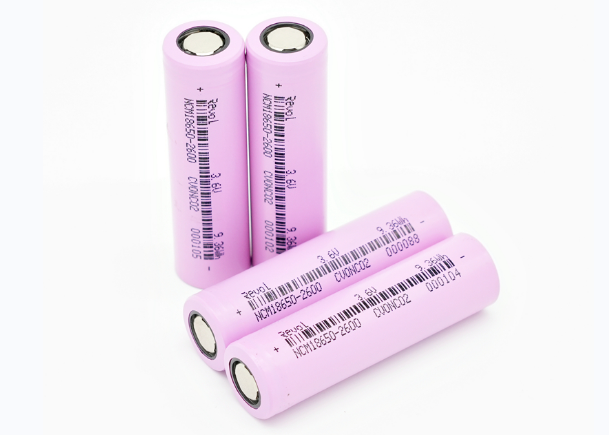26650 Vs 18650 Battery: A Comprehensive Comparison
In the realm of lithium-ion batteries, the 26650 and 18650 models have gained significant popularity. While they share some common features, their differences are key to understanding their unique advantages. This article explores the distinctions between these two battery types in detail.
Before delving into their specific characteristics, it's essential to grasp the basics of lithium-ion batteries. The names 26650 and 18650 are derived from their physical dimensions:
- 26650 Battery: 26mm in diameter and 65mm in length
- 18650 Battery: 18mm in diameter and 65mm in length
Though these size differences may seem minor, they significantly influence each battery's performance and utility.
26650 Battery: An Overview
The 26650 lithium-ion battery, being larger than the 18650 model, offers a higher energy capacity. This increased size enables it to achieve a greater ampere-hour (Ah) rating, reflecting its ability to store more energy.
Thanks to its superior capacity, the 26650 battery is favored for high-power applications, including high-performance flashlights, vaping devices, and certain electric vehicles.
18650 Battery: An Overview
Despite its smaller size, the 18650 li-Ion battery presents distinct advantages. It features a high energy density, providing a substantial amount of power in a compact form.
The 18650 battery's versatility is another key benefit. Its reduced size makes it suitable for a broad array of applications, from laptops and power tools to electric vehicles and solar energy systems.
Detailed Comparison: 26650 Vs 18650
When comparing the 26650 and 18650 batteries, a few critical factors come into play:
Energy Capacity: The 26650 battery typically has a higher energy capacity due to its larger size.
Energy Density: Despite its smaller size, the 18650 battery boasts a higher energy density, delivering a significant amount of power.
Size and Weight: The 26650 battery is larger and heavier, which might be a disadvantage in applications where space and weight are important.
Versatility: The smaller 18650 battery fits into a wider range of devices, making it more versatile.
Choosing the Right Battery for Your Needs
When selecting between a 26650 and an 18650 battery, consider your specific requirements. The 26650 battery is ideal for applications that demand high energy capacity, making it suitable for power-intensive devices. Conversely, if your priority is compactness, lighter weight, and flexibility, the 18650 battery might be more appropriate.
There is no one-size-fits-all solution; the key is to choose the battery that best aligns with your needs.
Additionally, regardless of the battery type you select, proper handling and usage are essential for ensuring both the longevity and safety of the battery. Always adhere to the manufacturer's instructions and guidelines when using lithium-ion batteries.

Comments
Post a Comment